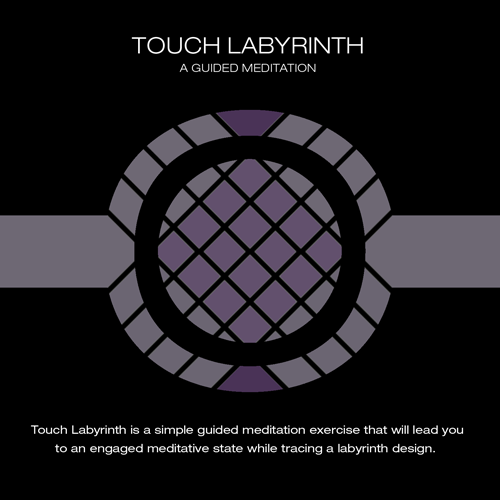|
We use affirmations, often in negative ways, "Boy! I am stupid" or "I am disorganized"when we do something incorrectly or lose an important document. It is easy for us to say “I am so clumsy” when we miss a step or drop an object accidentally.
Negative ruminative thinking refers to our repeated thoughts about threatening or unpleasant such as upcoming exams and stressful events in the past or our future. In a university study 21 men and 39 women were assigned to two main groups. One group focused on important and valuable aspects of themselves and another group focused on unimportant aspects of themselves. Both groups were tested on an IQ or a word test and “deliberately” failed. The subjects who used positive affirmations bounced back from their “failure” more quickly compared to the subjects who used non-relevant affirmations. In addition to reducing negative ruminative thoughts, positive affirmations seem to show positive benefits for health and daily stress. We still don’t know how positive affirmations work. Expect to see more research on self-affirmations in the coming years. Positive affirmations work well when:
Before you head out for an important interview or a presentation, complete this short writing exercise. Pick a personal value that is important to you: a personal relationship that is important to you, your creative abilities or an enjoyable past event. Write about this subject for 10-15 minutes. Don’t worry about grammar or other writing mistakes. Just get into the flow of your thoughts and record them. Research shows that people who spend time in this exercise show significant improvement in exams and other attitude based performances. Check out the video posted along with this blog post. We have created with positive affirmations. Take five minutes of your time and pay full attention to the video. Enjoy the music and relax. Repeat the affirmations by saying them aloud or by writing them down. Recall parts of your daily life where these affirmations make sense. Pick your favorite affirmations and review them regularly. Here are some reactions my students shared with me after watching this video: “I'm going to watch this video every morning! It gave me such positive energy to start my day!” “Thank you....a great way to prepare and be ready “ Music provided by J.S. Epperson https://hemi-sync.com/product/ascension-album/ References MCQueen, A. (2006-10-01). Experimental manipulations of self-affirmation: A systematic review. Self and identity, 5(4), 289-354.doi:10.1080/15298860600805325 Koole, S. (1999). The cessation of rumination through self-affirmation. Journal of personality and social psychology, 77(1),1 Coehn G L (2009) Recursive processes in self-affirmation: Intervening to close the minority achievement gap, Science, 2009 - sciencemag.org, https://ed.stanford.edu/ sites/default/files/recursive_processes_final_science.pdf
0 Comments
Your comment will be posted after it is approved.
Leave a Reply. |
a guided finger meditationEngage your senses with soothing music, guided imagery and a labyrinth tracing activity which leverages the power of touch. Click the album cover to learn more. Categories
All
|

 RSS Feed
RSS Feed